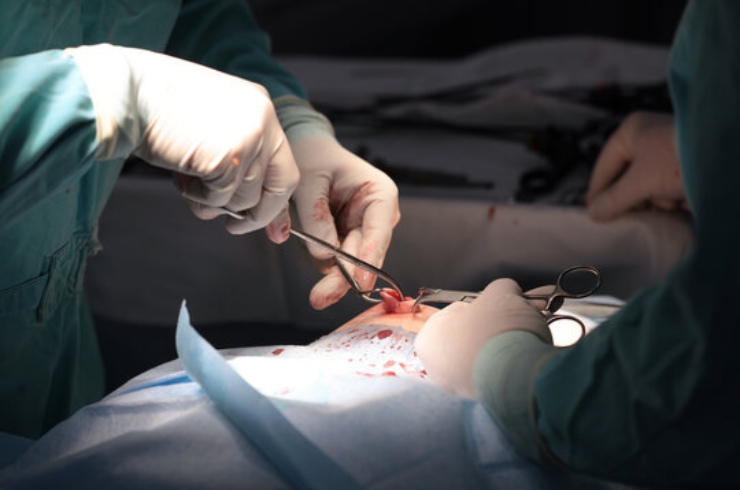
A hernia occurs when an internal organ or tissue bulges through a weak spot in the surrounding muscle or connective tissue, often appearing as a lump or swelling. Common types of hernias include inguinal (groin), umbilical (belly button), femoral, and incisional hernias. Symptoms may vary depending on the type and severity but can include discomfort, pain during lifting or bending, and a visible bulge that may increase with activity. While some hernias remain painless initially, they can become serious if left untreated, potentially leading to complications like obstruction or strangulation.
Hernia surgery is the most effective and permanent solution to repair the muscle defect and prevent recurrence. The procedure involves repositioning the protruded organ and strengthening the weakened area of the abdominal wall, often using a mesh for added support. Surgery can be performed using traditional open surgery or minimally invasive laparoscopic techniques. Laparoscopic hernia repair offers smaller incisions, less pain, reduced hospital stay, and quicker recovery, making it the preferred choice for many patients. The choice of surgical method depends on the type, location, and severity of the hernia, as well as the patient’s health condition.
Recovery from hernia surgery is generally smooth, especially with laparoscopic techniques. Patients are advised to limit heavy lifting and strenuous activity for a few weeks to allow proper healing. Mild pain or swelling may occur but is manageable with medication and rest. Most people return to their daily routines within a few days to a couple of weeks. At MIMAS World Hospitals, our experienced surgical team uses advanced techniques to ensure safe and successful hernia repair, offering personalized care to help patients recover quickly and confidently return to normal life.